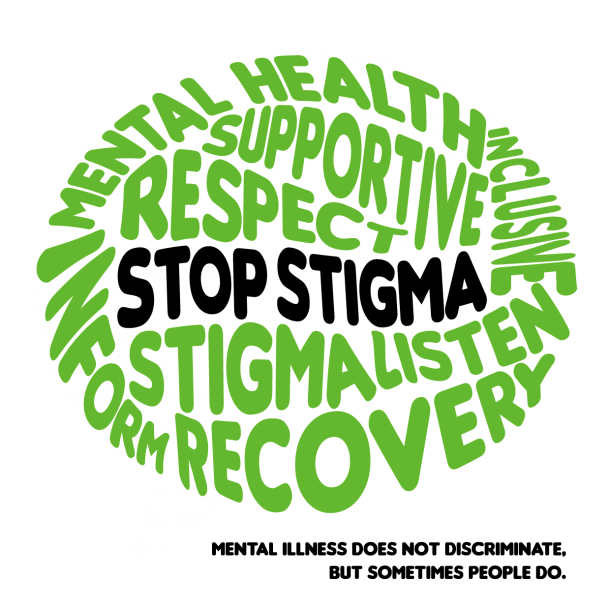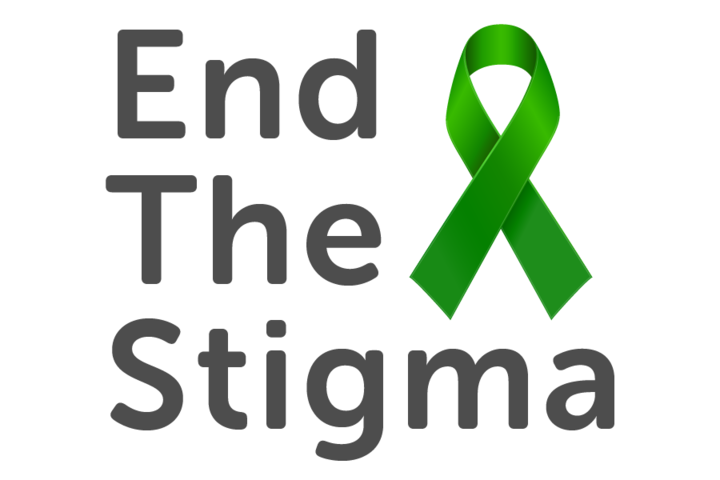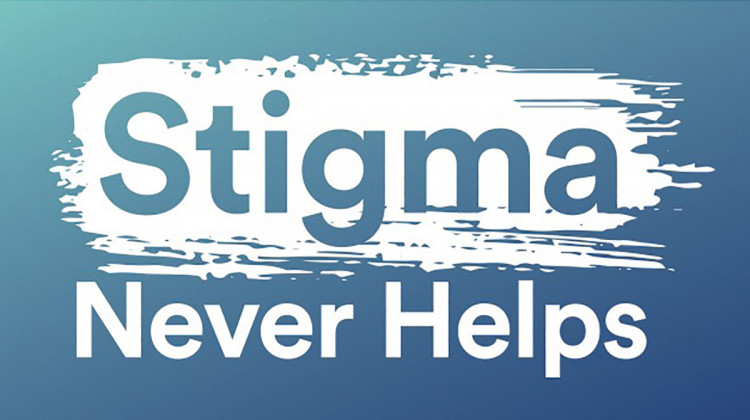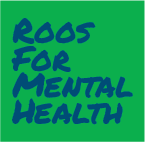What is stigma?
Why is there stigma related to mental health?
Mental health conditions are not seen. And people often fear the unknown. Mental health conditions are also often misunderstood. The portrayal of mental health issues in mass media, like TV shows and movies, perpetuates the stigmatizing stereotypes making people uncomfortable in real life situations because their knowledge is not based on factual information. Historical information about mental health has also played a role in the development of these stereotypes. As a result of many factors, people are afraid to speak up and ask for help. If everyone who struggled with mental health issues did, then we would know that these problems really do impact everyone either directly or indirectly.
Having a mental health issue is a hidden disability. Yes, diagnosed and documented mental health issues are considered a disability. Many people are not aware of that fact. This means if you have a documented mental health condition, then you may be able to get assistance or accommodations to help you. Contact our Disability Services for questions or assistance.
What is the reality?
You are not alone. Mental health issues are common.
1 in 5 adults experience a mental health illness.
Suicide is a real problem. But it is also a symptom that can be treated and improve over time.
Suicide is the 2nd leading cause of death for people ages 10-34.
Call 800-273-8255 or text “START” to 741741 if you are thinking about suicide. Help is available 24/7.
People don’t seek help when they need it because of stigma.
Only 43% of adults with a mental health illness get the treatment they need.
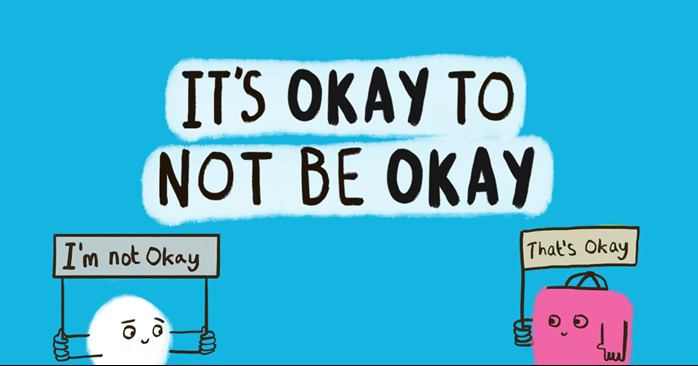
What can you do about it?
Know the warning signs.
Be aware of the common signs and symptoms so you know when to get help for yourself and others.
Talk to your friends.
Seize the Awkward and start the conversation.
Learn how to talk about different disorders like ADHD, anxiety, bipolar, borderline personality, depression, eating disorders, PTSD, and more.
It’s okay to talk about suicide. Get more guidance from Ask Listen Refer, a UMKC Suicide Prevention Training. It is online and only takes about 20 minutes.
Start the conversation with a card.
Get help.
There are online resources available.
Free counseling is available for students and for staff, faculty, and their dependents.
Learn to practice self-care.
Join the mission to cure stigma.
Get involved with RoosForMentalHealth, student organizations like NAMI UMKC, and community agencies.
Check out this article about being a mental health ally.
